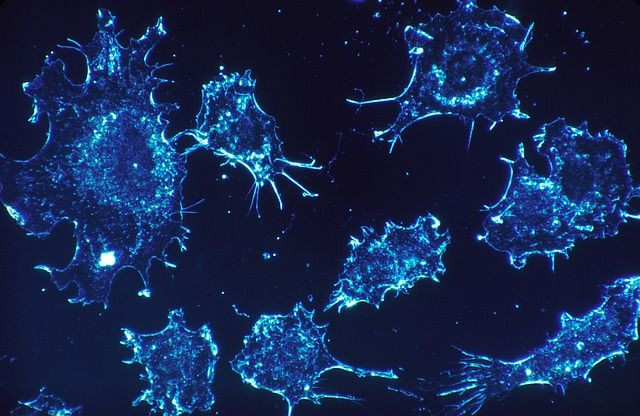Breast Cancer Cure: Future Treatment May Destroy 'Incurable' Triple Negative, Pancreatic Cancer Cells

While chemotherapy remains one of the most widely used cancer treatments, it also harms and kills healthy cells in the process. However, a new study from Tel Aviv University in Israel shows that cancer treatment does not always have to be toxic for the body. The study instead reveals how three natural proteins can be modified to kill cancer cells while they are quickly dividing, all while leaving healthy cells alone.
The study, now published online in the journal Oncotarget, explains new efforts to use a natural mechanism to kill cancer cells. The mechanism involves three proteins that can be specifically modified so that they completely destroy cancer cells, causing them to self-destruct as they are dividing. What’s more, these proteins leave healthy cells alone during this process. The team tested the proteins on a number of incurable mice and human cancer types in cell cultures, and each time they succeeded in eradicating cancer cells while leaving healthy cells alone.
Read: What Is Triple Negative Breast Cancer?
"The discovery of an exclusive mechanism that kills cancer cells without impairing healthy cells, and the fact that this mechanism works on a variety of rapidly proliferating human cancer cells, is very exciting," lead researcher Dr. Malka Cohen-Armon said in a recent statement. According to Cohen-Armon, the faster that cancer cells divide, the faster the newly discovered mechanism destroys cancer cells too.
“The mechanism unleashed during mitosis may be suitable for treating aggressive cancers that are unaffected by traditional chemotherapy,” added Cohen-Armon.
This finding could have wide-reaching uses, and may be useful in one-day treating many incurable cancers. For example, the therapy was even effective on mice with triple negative breast cancer, a form of breast cancer that is resistant to all known available cancer therapies. What’s more, it may also prove useful in one day treating other aggressive incurable human cancers, such as pancreatic cancer.
For now, the team is perfecting the method and designing it to be used on specific types of human cancers that are unresponsive to all available treatment options.
Source: Visochek L, Castiel A, Mittelman L, et al. Exclusive destruction of mitotic spindles in human cancer cells. Oncoltarget . 2017
See Also:
Breast Cancer Treatment 2017: Drug May Halt Metastasis In Triple-Negative Tumors
Immunotherapy Cancer Treatment Could Kill Cells Infected With HIV
Published by Medicaldaily.com



























